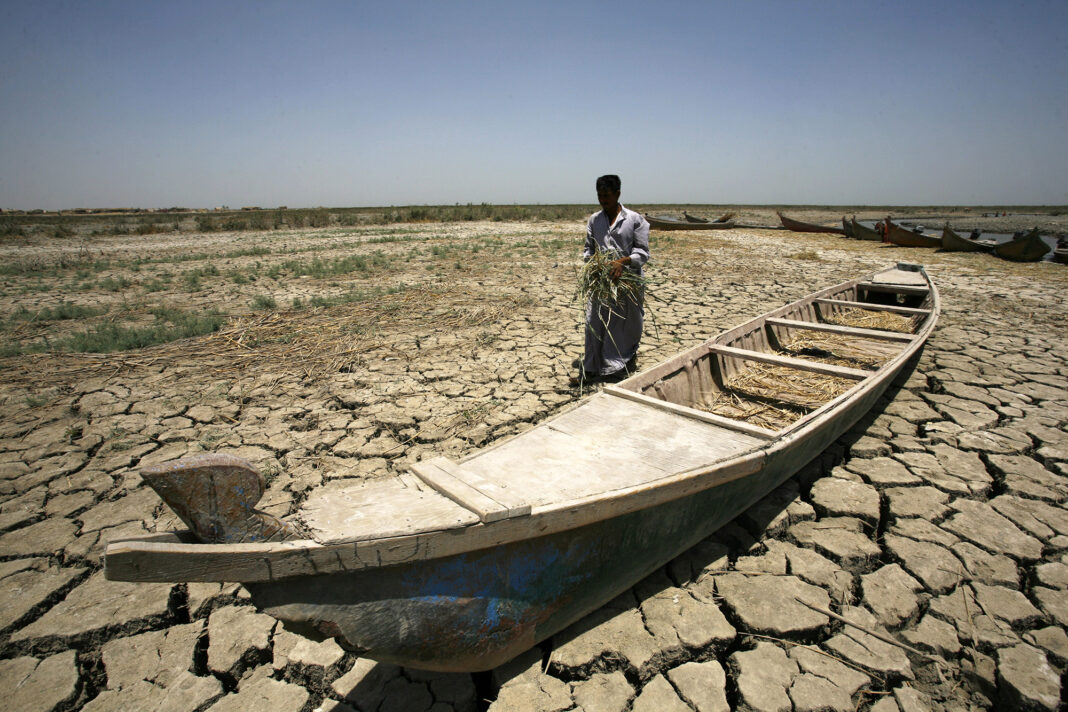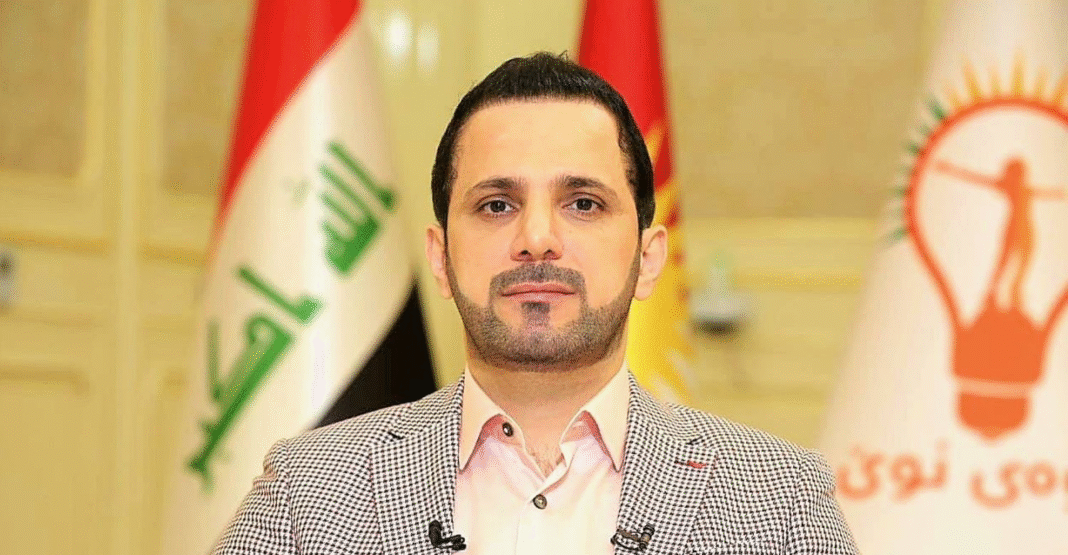The Iraq water shortage strategies are now a top priority as officials tackle the country’s severe water crisis. Iraqi Minister of Foreign Affairs Fuad Hussein met with representatives from the ministries of water resources, environment, and agriculture to discuss immediate and long-term measures.
Hussein emphasized that Iraq needs sustainable plans to protect its water resources and environmental stability. Moreover, he noted that the crisis has global implications and requires regional and international cooperation. Drinking water, agriculture, and ecosystems face serious risks if the situation remains unaddressed.
Officials also highlighted the importance of public awareness. They stressed reducing water wastage and using resources efficiently. Hussein added that the media plays a vital role in educating citizens about conservation and environmental responsibility.
Furthermore, the Foreign Ministry will work with neighboring countries to improve coordination over shared water resources. Hussein pointed out that upstream dams in Turkey and Iran, along with climate change and drought, have worsened Iraq’s water shortage. National water supplies recently fell to their lowest level in 80 years.
The United Nations has identified Iraq as one of the five countries most vulnerable to climate change. Therefore, the Iraq water shortage strategies aim to address urgent risks and promote sustainable management for future security.
In response, Iraq is planning better water management policies, improved irrigation systems, and stricter environmental protections. In addition, officials will coordinate with international organizations to obtain technical and scientific support.
Finally, the Iraq water shortage strategies underscore the importance of climate awareness, responsible resource management, and public participation. Implementing these strategies will help safeguard water, protect the environment, and secure a sustainable future for Iraq.
Additionally, Iraq will implement nationwide awareness campaigns to educate citizens on conserving water and protecting the environment. These efforts, combined with infrastructure improvements and regional cooperation, aim to secure sustainable water access for future generations while mitigating the impacts of climate change.



